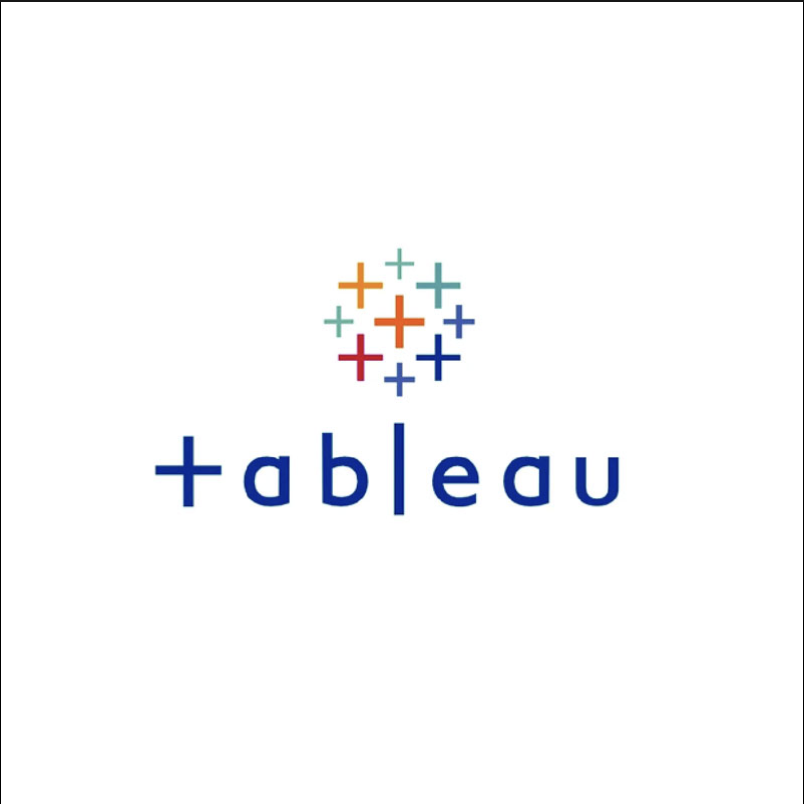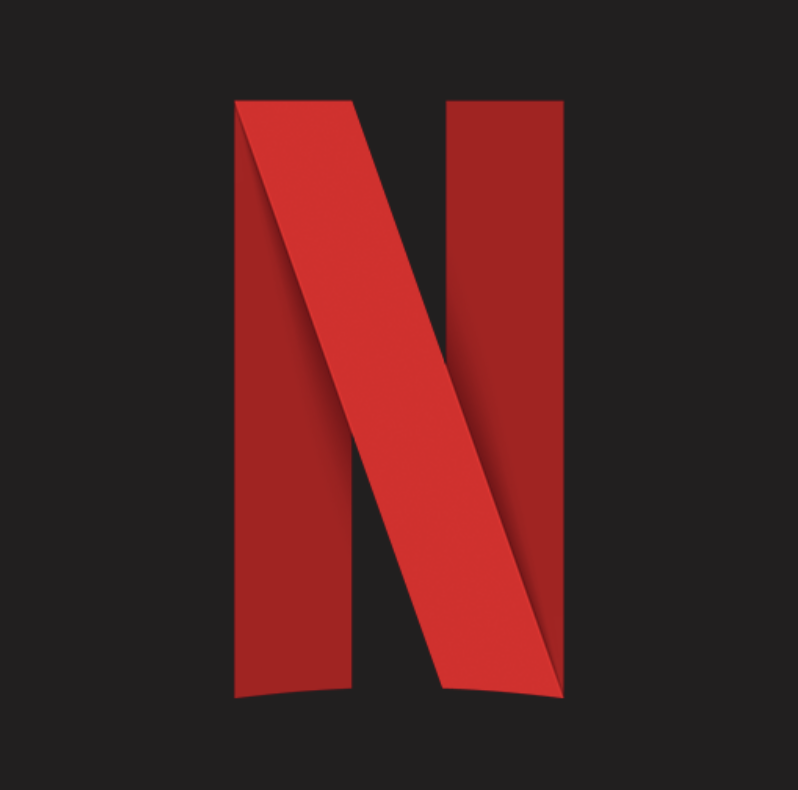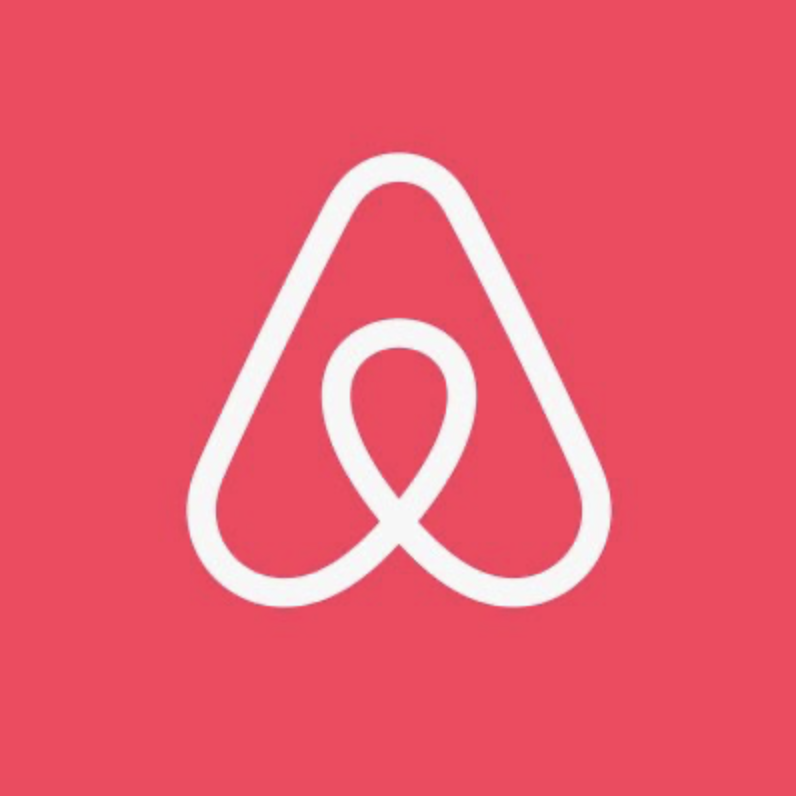New Discovery- Tableau
-
About Tableau

Tableau started in 2003 as a project at Stanford to make data easier to understand by visualizing it. The founders—Chris Stolte, Pat Hanrahan, and Christian Chabot—created VizQL, a cool tech that turns drag-and-drop actions into understandable data. They've kept improving, adding stuff like machine learning and smart data prep to help people analyze data more creatively. Salesforce bought Tableau in 2019, but the goal remains the same: to help folks make sense of their data. Today, all kinds of organizations, big and small, use Tableau to work smarter with their data.
-
Why it's useful

Tableau, a data analysis tool, provides an engaging topic for our MIS class on IT's impact on businesses and society. Originating from a Stanford project in 2003, it evolved into a user-friendly platform, VizQL, simplifying data visualization through drag-and-drop actions. This evolution mirrors the intersection of technology and human interaction, a key focus of our class. Further, its integration of machine learning and smart data prep showcases the evolving landscape of IT in transforming data into insights. Acquired by Salesforce in 2019, Tableau's story exemplifies the crucial role of analytics platforms in the tech world. In our class, we'll explore how Tableau's journey reflects the core principles of MIS, demonstrating the profound impact of technology on facilitating data-driven cultures and driving meaningful outcomes.
-
Companies using Tableau

Netflix strategically employs Tableau as a fundamental tool in its mission to decode the intricacies of viewer behavior and content performance. Amidst the vast ocean of streaming data, Tableau serves as a navigational compass, illuminating valuable insights that inform critical decision-making at the forefront of the streaming landscape. The partnership is akin to having a reliable ally that simplifies the complexities of diverse datasets into visual narratives, enabling a comprehensive understanding of what resonates with viewers. Tableau's user-friendly interface and powerful analytical capabilities empower Netflix to translate extensive data into a language that decision-makers can readily comprehend. This magic wand of data visualization facilitates the identification of viewer preferences and patterns, steering content strategy decisions with precision. Essentially, Tableau transforms the analytical process into an accessible and visually intuitive experience. By embracing Tableau, Netflix enhances its ability to fine-tune content recommendations and selection, striving for a personalized and engaging streaming experience for its global audience. The interplay of data-driven insights enables Netflix to adapt and innovate continually, remaining at the forefront of the competitive streaming industry. In essence, Tableau acts as a linchpin in Netflix's journey, unraveling the intricacies of viewer habits and preferences and contributing significantly to the platform's ongoing success in the dynamic world of digital entertainment.

Airbnb taps into the power of Tableau as a key player in unraveling the multitude of data swirling around on its platform. Tableau is like Airbnb's data superhero, simplifying the complexities of information into easy-to-understand visuals. This dynamic duo is all about enhancing the Airbnb experience and optimizing operations through insights derived from the data at their fingertips. At the core of Airbnb's utilization of Tableau is the quest for a deeper understanding of what users like, whether they're hosts sharing their spaces or guests looking for a place to stay. The beauty of Tableau lies in its ability to translate heaps of data into actionable insights, helping Airbnb make informed decisions on everything from property listings to user engagement strategies. Picture Tableau as a user-friendly remote control for data – even if you're not a tech whiz, you can easily navigate and make sense of the information. This simplicity empowers Airbnb to democratize data access, allowing various teams to explore and interpret data without getting lost in the technical weeds. By using Tableau, Airbnb gains a visual edge in analyzing booking trends, evaluating marketing efforts, and refining the overall platform experience. It's the secret sauce that helps Airbnb stay nimble and responsive to the ever-evolving preferences of its diverse community. In essence, Airbnb's partnership with Tableau is not just about data analytics; it's a strategic move to continually improve the platform for hosts and guests worldwide. It's like having a trustworthy sidekick that helps Airbnb understand what people want and, in turn, enhances the overall Airbnb adventure for everyone involved.